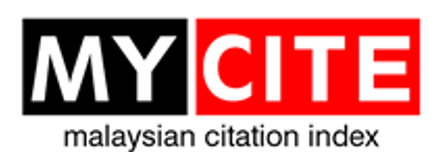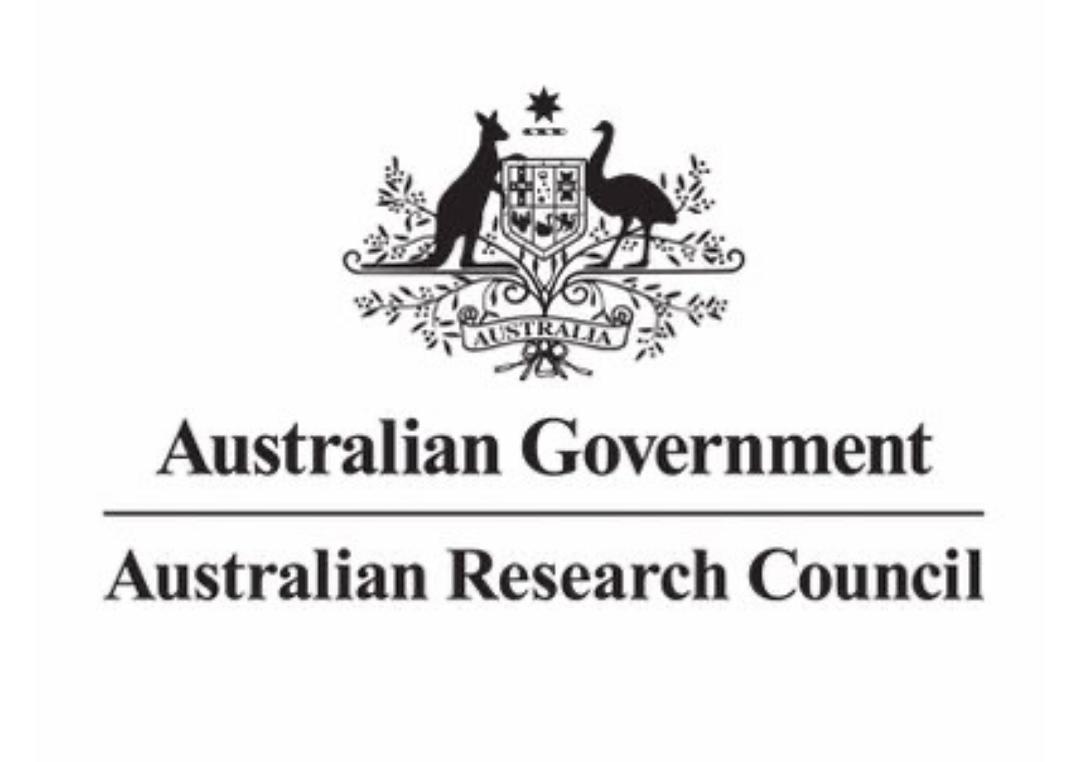About the Journal
Overview
The Journal of Tropical Biology and Conservation (JTBC) is a free, open-access, international, peer-reviewed journal published by the Institute for Tropical Biology and Conservation (ITBC), Universiti Malaysia Sabah (UMS). This journal publishes two main categories of papers: (1) full-length research articles or reviews; and (2) short notes or communications. The JTBC is devoted to the publication of research in all fields that are of general relevance to tropical biology and conservation particularly in Sabah, Malaysian Borneo, and other tropical regions in Southeast Asia and elsewhere. The scope of topics we publish include:
- Taxonomy and biodiversity
- Ecology
- Natural product chemistry
- Nature tourism
The JTBC is indexed on Scopus, Mycite and listed in the ERA Journal List.
Focus and Scope
- To foster the development of scientific publishing among regional budding scientists.
- Provide a platform as a scientific publishing training ground for budding researchers, such as students and local scientists.
- Improve science literacy among young scientists through a constructive and rigorous peer-review and editorial process.
- To publish scientifically correct biodiversity-related research regardless of its importance, novelty, or impact.
- Focus on biodiversity research in Sabah, Malaysian Borneo and other tropical regions in Southeast Asia, and elsewhere.
- Publish biodiversity data (such as a checklist, distribution records) that are usually not published in prestigious journals or published in the appendix only.
- Adopt an open access policy and various publication mediums to increase the accessibility and exposure of each research article.
Publication Categories
a. Full-length articles or reviews (up to 8,000 words)
Full-length articles are original works that follow the format of traditional research papers that will advance knowledge and understanding on taxonomy and biodiversity, ecology, natural product chemistry or nature tourism in Southeast Asia, particularly Borneo, that are hypothesis driven and based on the analysis of data. Data utilised in the paper to test hypotheses must be based on any rigorous, replicable approaches and can be (but not limited to) experimental, observational, genetic, etc.. Full-length articles or reviews possesses the traditional structure of a scientific paper with separate sections for the abstract; introduction; material and methods; results; and discussion.
Reviews must cover a topic of interest in fields that are of general relevance to tropical biology and conservation in Southeast Asia, particularly in Borneo. The review must offer a significant synthesis and interpretation of the topic discussed.
b. Short notes or communications (up to 2,500 words)
Short notes cover novel natural history or field observations and include (but not limited to) significant species range extensions, new country records of previously unreported species and opportunistic single event or limited behavioural observations. Short note articles must be of importance and report previously unrecorded species, or unreported or unconfirmed aspects of biology or natural history. Ideally, submissions must offer an interpretation of the observations in a larger context of taxonomy and biodiversity, ecology, natural product chemistry or nature tourism in Southeast Asia, particularly Borneo. All short notes are expected (although not required and subject to editor discretion) to include high quality photo, video or audio recordings that documented the reported observations.
Communications can express opinions or thought-provoking commentary on current issues or previously published papers in taxonomy and biodiversity, ecology, natural product chemistry or nature tourism in Southeast Asia, particularly Borneo. It may also provide insights on particularly interesting or original developments in the abovementioned fields.
For these categories, there should be no headings (introduction, material and methods, results and discussion in one continuous block of text) and no abstract; acknowledgements should be brief. References should be cited as in full papers.
Publication Frequency
The JTBC adopts the continuous publishing model, i.e., an article is published as soon as it is ready. The JTBC publishes one volume a year.
Fees or charges
No fee or charges are imposed for manuscript processing and/or publishing materials in the JTBC. All articles published are available for free online (open access).
Transparency Statement
The JTBC is published by the Institute for Tropical Biology and Conservation, and the journal itself is owned and funded by Universiti Malaysia Sabah.
However, the JTBC allows authors to retain the copyright of their publications within the journal without restrictions, but authors will grant the JTBC the right of first publication, and other non-exclusive publishing rights. Authors retain the right to use the substance of the article in their future works, provided that its prior publication in this journal is acknowledged.
Journal History
The JTBC was established by the ITBC under the sponsorship of the Bornean Biodiversity and Ecosystems Conservation Programme in Sabah (BBEC) in 2005. Since the BBEC programme ended in 2006, the JTBC has been published through financial support from the ITBC and UMS.
Since Volume No. 1 in 2005, the JTBC has been published by the ITBC, with the exception of Volume No. 4 in 2008, which was published by the UMS Press.
An international Editorial Board serves to advise the Editorial Team and is changed from time-to-time.
The Editorial Teams, 2005–present (EIC—Editor-in-Chief, ME—Managing Editor, ACE—Admin and Copy Editor):
2005–2006: Henry Bernard (ME), Menno Schilthuizen (ME), Gomera Jumat (ACE)
2007: Henry Bernard (ME), Gomera Jumat (ACE)
2008–2009: Monica Suleiman (ME), Henry Bernard (ME), Gomera Jumat (ACE)
2010–2013: Monica Suleiman (ME), Henry Bernard (ME)
2014–2017: Charles S. Vairappan (EIC), Liew Thor Seng (ME), Julia Kunai @ George (ACE)
2018–2020: Abdul Hamid Ahmad (EIC), Jaya Seelan Sathiya Seelan (ME), Julia Kunai @ George (ACE)
2021–2023: Jaya Seelan Sathiya Seelan (EIC), Fiffy Hanisdah Saikim (ME), Julia Kunai @ George (ACE)
2024–2027: Evan Quah Seng Huat (EIC), Ng Ting Hui (ME), Julia Kunai @ George (ACE)
Privacy Statement
The names and email addresses entered in this journal site will be used exclusively for the stated purposes of this journal and will not be made available for any other purpose or to any other party.







